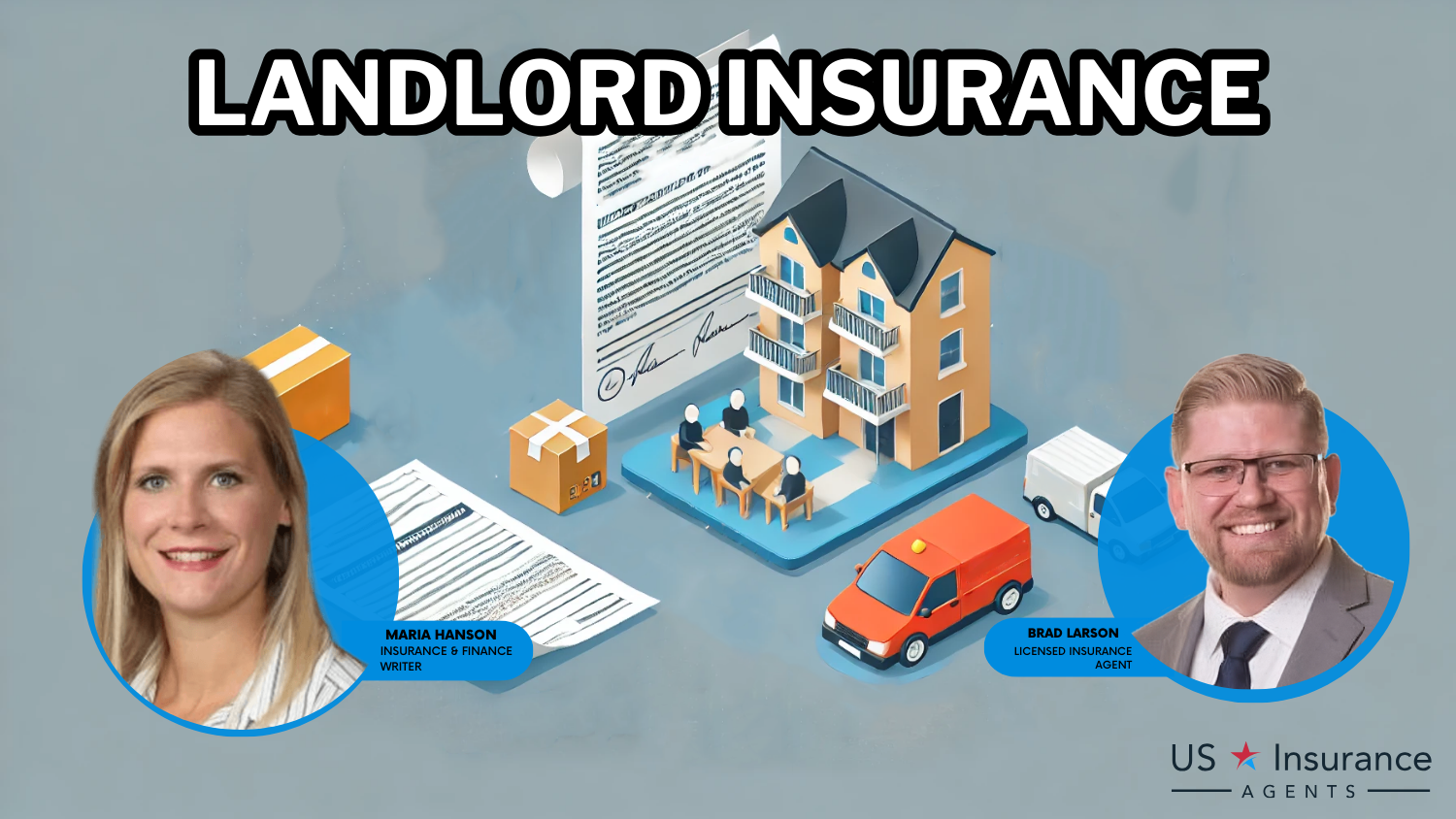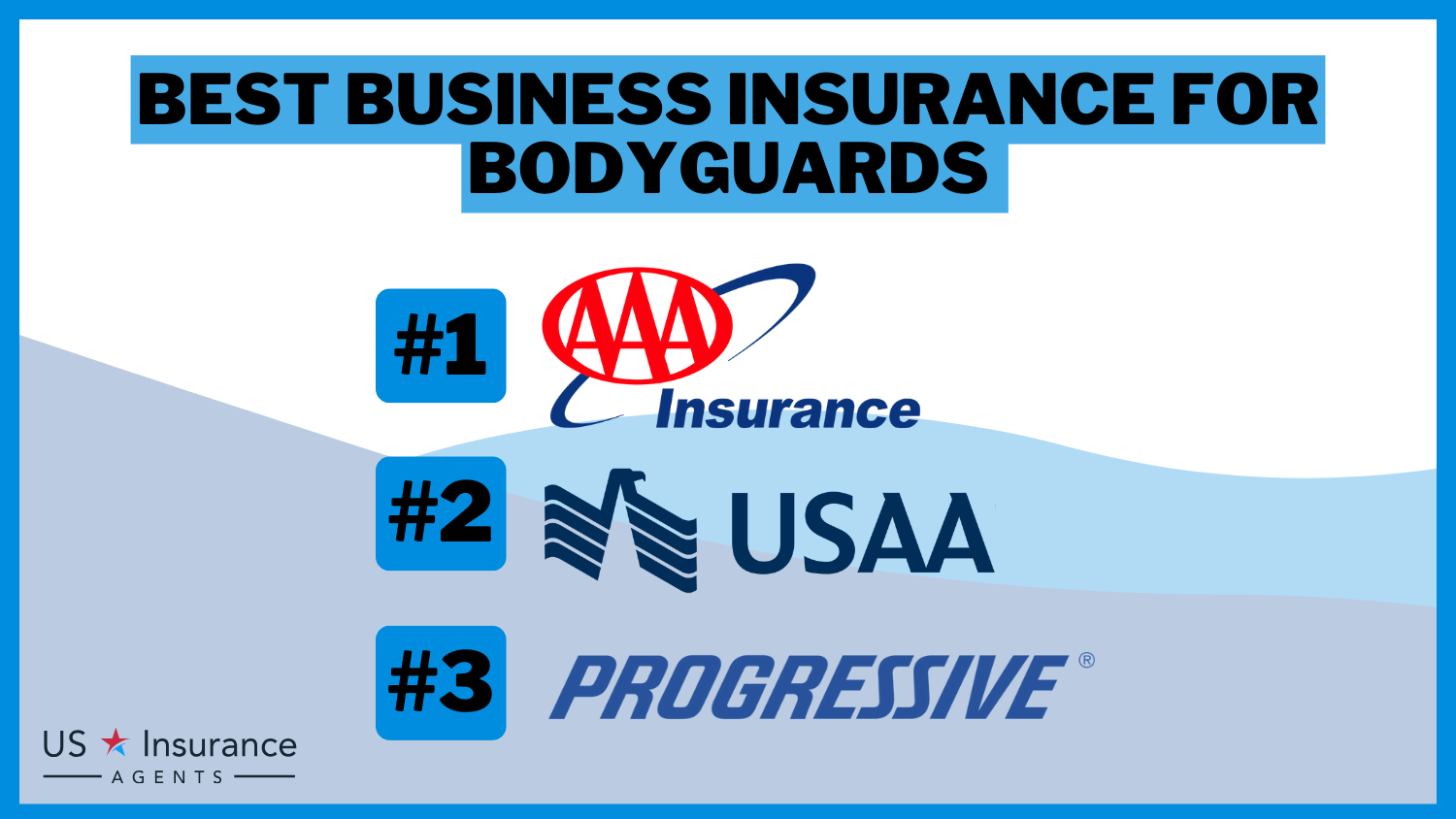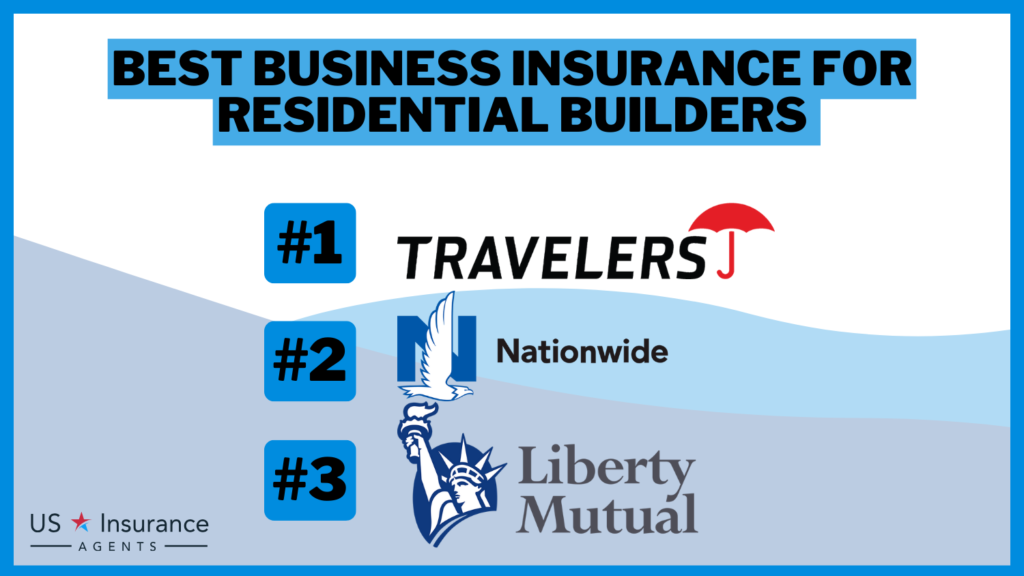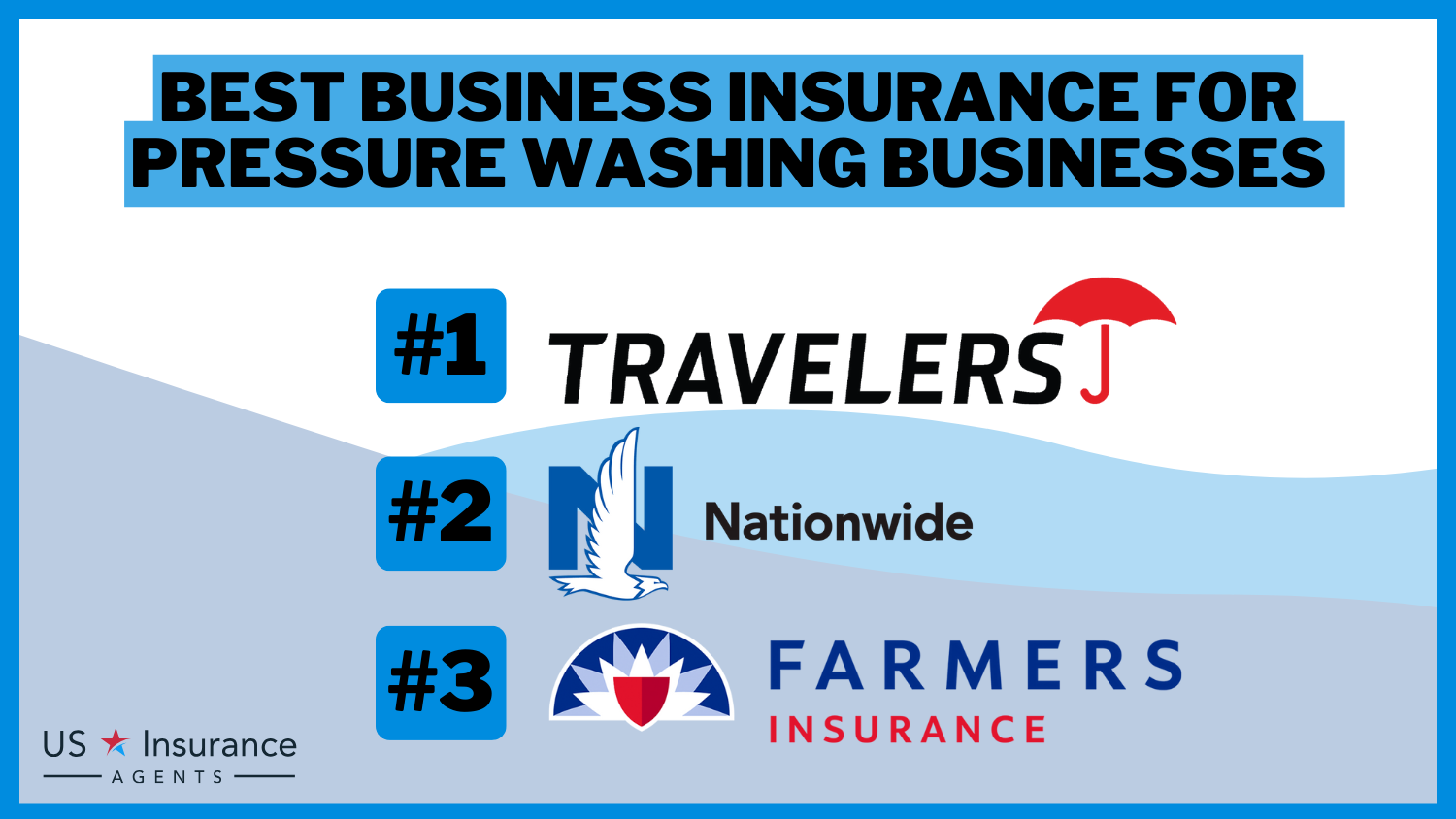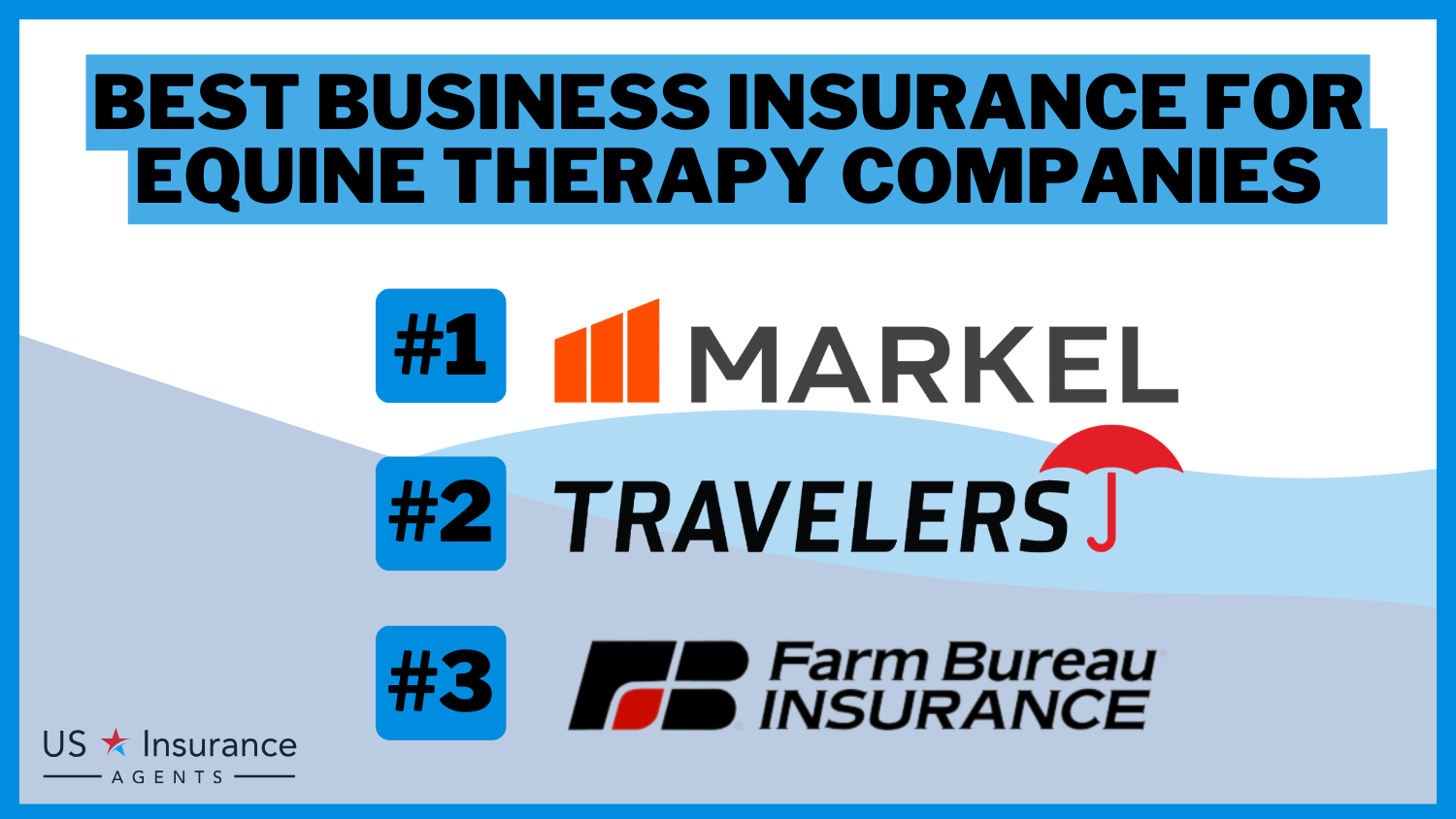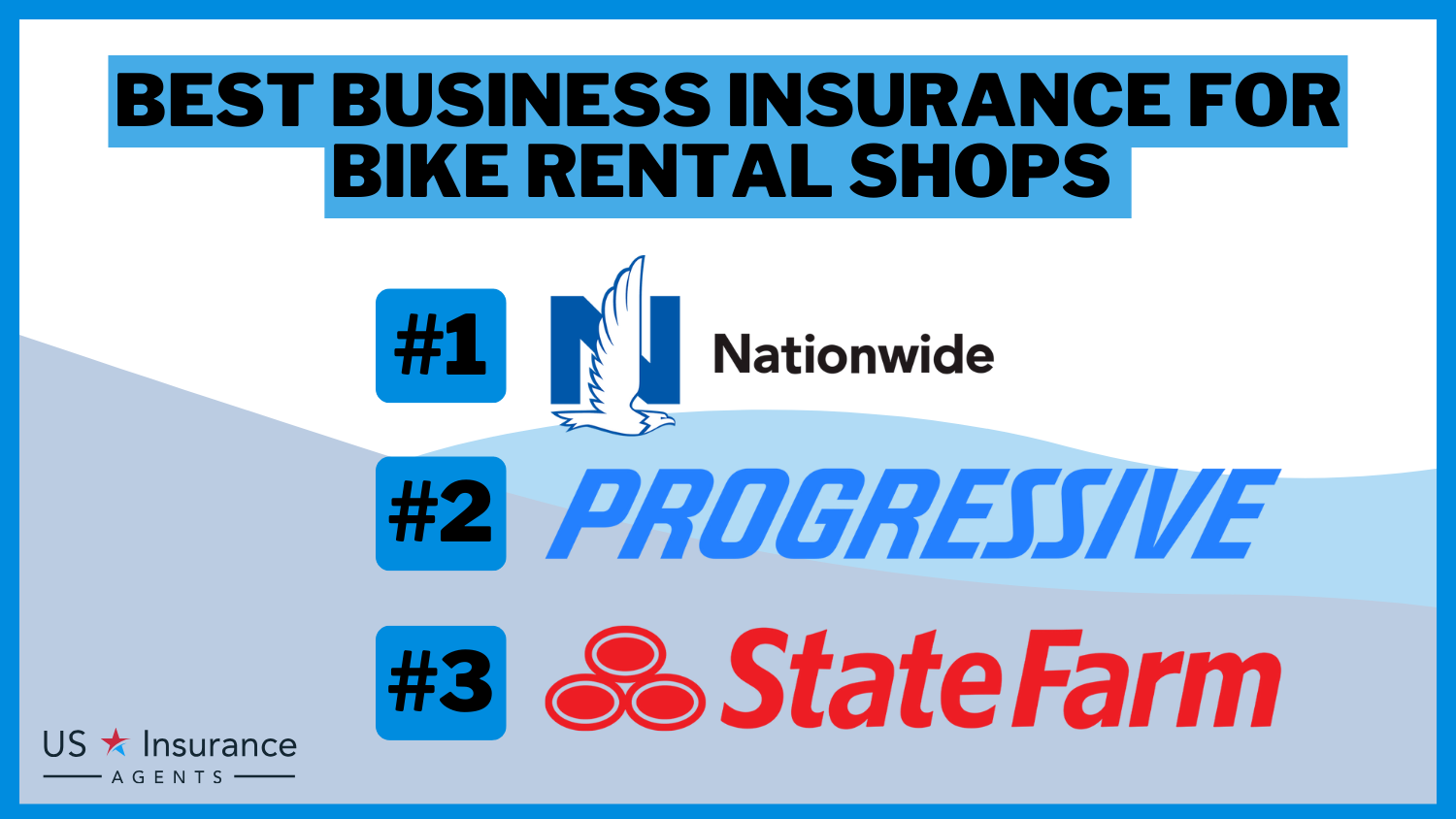Landlord Insurance: A Complete Guide (2026)
Safeguard Your Property from Risks, Accidents, and Liability with Tailored Insurance Solutions. Get Expert Advice on Landlord Insurance Requirements, Policy Features, and Cost-Effective Plans. Ensure Financial Protection against Property Damage, Loss of Rental Income, Legal Expenses, and Tenant-related Issues.
Read more Secured with SHA-256 Encryption





Table of Contents
Table of Contents


Insurance and Finance Writer
Maria Hanson grew up with a unique passion and understanding of both the automotive and insurance industries. With one grandfather in auto mechanics and another working in insurance, you could say automotive insurance is in her blood. Her love of research and finance serves her well in studying insurance trends and liability. Maria has expanded her scope of expertise to home, health, and life...
Maria Hanson


Sr. Director of Content
Sara Routhier, Senior Director of Content, has professional experience as an educator, SEO specialist, and content marketer. She has over 10 years of experience in the insurance industry. As a researcher, data nerd, writer, and editor, she strives to curate educational, enlightening articles that provide you with the must-know facts and best-kept secrets within the overwhelming world of insurance....
Sara Routhier


Licensed Insurance Agent
Brad Larson has been in the insurance industry for over 16 years. He specializes in helping clients navigate the claims process, with a particular emphasis on coverage analysis. He received his bachelor’s degree from the University of Utah in Political Science. He also holds an Associate in Claims (AIC) and Associate in General Insurance (AINS) designations, as well as a Utah Property and Casual...
Brad Larson
Updated January 2025
Welcome to our comprehensive guide on landlord insurance and how it can protect your valuable rental property investment. In this article, we will delve into the key topics surrounding landlord insurance, including coverage options, policy features, and cost-effective plans.
To help you find the best insurance provider for your specific needs, we invite you to enter your zip code below and compare rates from top-rated insurers. Don’t leave your investment unprotected—take the first step towards peace of mind today!
The Coverages On A Landlord Insurance Policy
Property is generally covered if it suffers a loss due to something sudden, accidental, and through direct events. There are three main levels of coverage which are referred to as DP1, DP2, and DP3. Different insurance companies will often call each of these levels of coverage something different (such as Landlord Protectors, Landlord Insurance, and so forth) but they all generally work the same.
A DP1 policy is also known as basic property coverage. It covers only perils that are named on the policy such as fire and the accidental discharge of water in the home, etc. If a peril is not named on the policy than property damage resulting from an event involving it will not be covered.
The next step up is a DP2 policy. This level of coverage is also called named peril coverage. It provides for more types of perils than a basic policy does and extends coverage to perils like hail, windstorms, and vandalism.
The DP3 policy is known as comprehensive property coverage. It offers protection against any peril that it doesn’t specifically exclude. This can even include incidents such as a plane or vehicle crashing into the home, damage resulting from frozen pipes, or riots and civil commotions.
Weather you manage the property yourself or have a property management company, you are responsible for making repairs to the building. A landlord insurance policy covers certain damages.
Read more: Best Business Insurance for Property Management Services
There are three main exclusions on a landlord policy. The first is damage caused by an earthquake; a separate policy will need to be purchased for this. Additionally, flooding is not covered. Homes that need flood insurance, such as those in a floodplain, will also need to have a separate policy for this to be covered. Finally, a landlord insurance policy will not cover general wear and tear on a home. This is considered routine maintenance and it is the responsibility of the homeowner to take care of their property.
The main property that a landlord insurance policy covers is, of course, the home itself. Landlord policies also provide 10% of the home’s replacement cost for other structures on the property such as sheds, detached garages, and fences. Landlord policies will also include some personal property coverage that will cover the homeowners property in the home such as appliances. None of the tenant’s property is insured under a landlord policy; they need to buy their own renters insurance policy to protect their own belongings. In fact, it’s a very good idea to make the tenant buying renters insurance a requirement on the signed lease agreement.
By taking in a number of factors, an insurance company will calculate the amount that it would take in order to completely rebuild a home. There are a large number of factors taken into account but the main ones are the age of the home, the square footage, and where the home is located. It’s also usually possible to add guaranteed replacement cost onto this value which adds an additional 25% in case it costs more to rebuild the home than the home’s replacement cost dollar amount is.
There are two ways that personal property is covered under a landlord policy, actual cash value and replacement cost. Personal property covered under actual cash value will be covered based on the depreciated value of the property at the time of loss. A replacement cost policy will cover what it costs to replace damaged or stolen property, so even if for example a refrigerator that is 10 years old is damaged in a fire the policy will cover the cost of replacing it with a similar new refrigerator.
Whether it is the home that is damaged or personal property, landlord policies have a deductible. This is the amount that is not covered under the policy so if a policy has a $500 deductible there is no coverage under the policy until that amount is exceeded. If a rental property has a fire that results in $10,000 in damage, and the landlord has a $500 deductible, the insurance company will pay out $9,500 on the claim.
Landlord policies also provide liability insurance. This protects the owner of the property if somebody suffers bodily injury or property damage as a result of the negligence of the landlord such as not properly maintaining the home by keeping it safe and in good working order. This can cover both the tenant of the home as well as any visitors to the property. While most landlords insurance policies start with $100,000 in liability coverage it is usually worth the cost of increasing this to $300,000 or even $1,000,000. If the landlord has an umbrella policy they can also include their rental property(s) on this policy which further increases the amount of liability protection provided.
The other main coverage on a landlord insurance policy is loss of rental income. If there is a covered loss and the home cannot be occupied for a period of time this coverage will cover the value of the lost rental income while the home is being repaired. This coverage only comes into claim after a covered loss; an eviction or difficulty finding a new tenant after one leaves is not something that the policy provides coverage for.
Read more: Best Renters Insurance: A Complete Guide
Free Home Insurance Comparison
Compare Quotes From Top Companies and Save
Secured with SHA-256 Encryption
How Much Landlord Insurance Costs
Generally speaking, landlord policies tend to be more expensive than homeowners policies. The reason for this is that the risks are higher when a home is occupied by a tenant instead of the homeowner. People who are renting a home tend not to keep as good of an eye on the property as someone who owns it. There tend to be more claims on landlord policies versus homeowners policies which makes buying one more expensive as well.
The cost of a landlord policy is primarily determined by the amount of property insurance on the home itself and where the home is located. An average for the United States would be about $975 a year for a landlord policy. Theses types of policies are typically about 20% more than a homeowners policy covering the same property.
There are a few ways to keep the costs down on a landlord insurance policy. First, a landlord can opt for a higher deductible which reduces the rate. Landlords can also exclude renting to smokers as they increase how much the policy costs. Some insurance companies offer a discount on a landlord insurance policy if the landlord has other policies with them such as a homeowners and/or an auto insurance policy. Newer and renovated homes also are usually given a discount on the cost of insuring them.
Who Sells Landlord Insurance
Pretty much every insurance agent who sells personal lines policies has access to selling a landlord insurance policy. Captive agents, meaning those who sell only one insurance company’s policies, are generally more limited in what they can offer. Not all insurance companies offer DP1, DP2, and DP3 landlord insurance policies with some offering the most comprehensive policies only.
There are agents who can write through a number of different insurance companies. They are able to get quotes from a number of different insurance companies and present the best offers to their clients. However, they can’t get quotes from insurance companies who exclusively use captive agents to sell and manage their insurance policies.
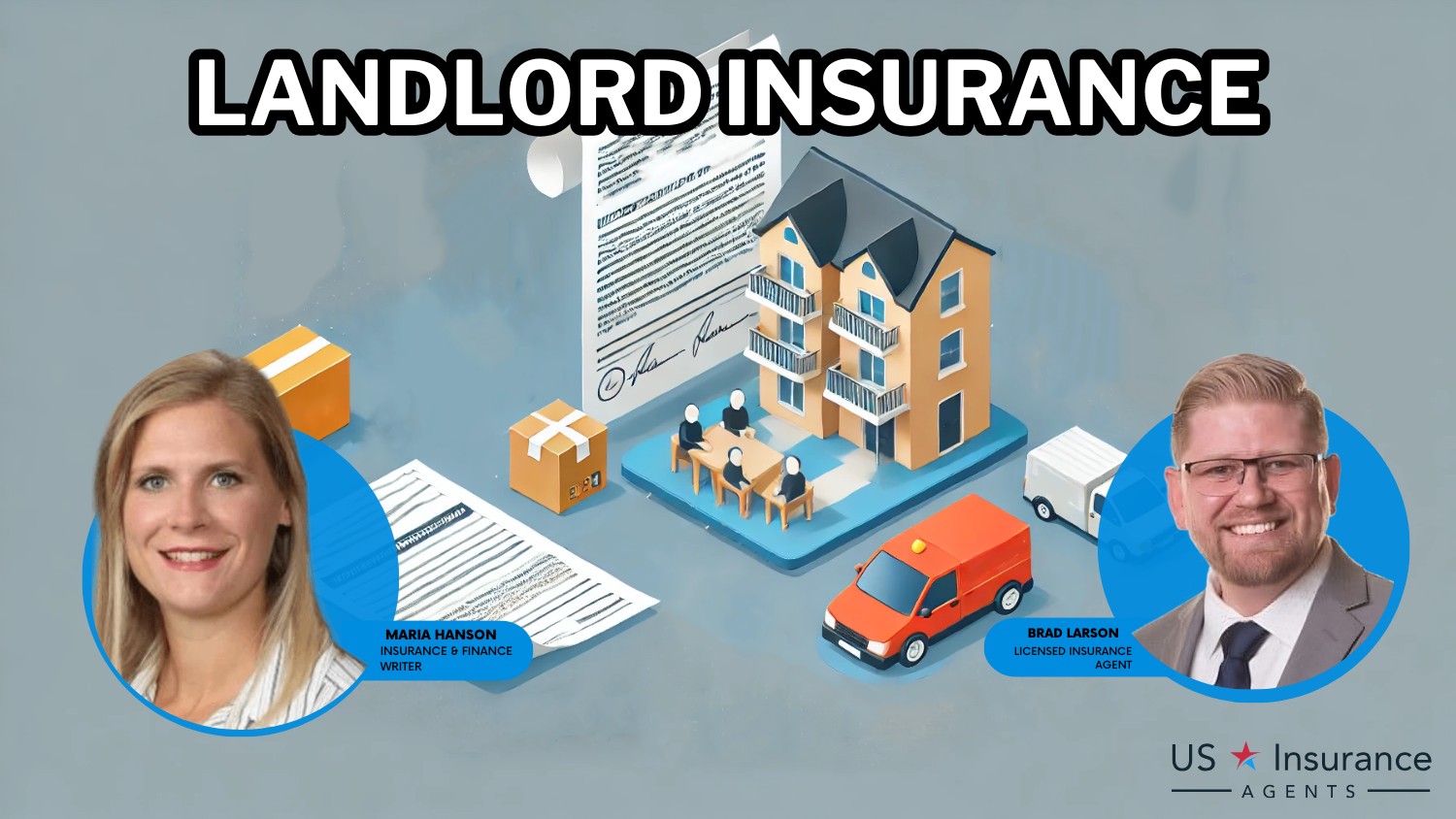
Frequently Asked Questions
What is landlord insurance?
Landlord insurance is a type of personal rental property insurance for those who own rental homes and other properties that are leased to tenants. This type of insurance provides coverage in case the home is damaged in a number of different ways such as by fire, hail, water, vandalism, and more. The policies also provide other coverages such as liability and loss of rents if the home cannot be lived in for a period of time due to a covered claim.
What is the difference between DP1, DP2, and DP3 landlord insurance policies?
DP1, DP2, and DP3 are the three main levels of coverage for landlord insurance policies. DP1 is the most basic policy, only covering perils that are named on the policy such as fire and the accidental discharge of water in the home. DP2 is named peril coverage and provides coverage for more types of perils than a basic policy does and extends coverage to perils like hail, windstorms, and vandalism. The DP3 policy is known as comprehensive property coverage and offers protection against any peril that it doesn’t specifically exclude.
Who needs landlord insurance?
Anyone who owns rental homes and other properties that are leased to tenants needs landlord insurance. This includes people who purposely buy or convert a home into a rental property as a way to make income, as well as those who find themselves in a position where they are “accidental” landlords. For example, when a homeowner decides to purchase a new home and the sale of their old home is not a contingent part of that transaction. If they can’t sell their old home due to whatever reason, a common solution is to rent the old home out until such a time as they can sell it.
Why is it important to contact an insurance agent after converting a home into a rental property?
It is very important to contact an insurance agent after converting a home into a rental property because if a homeowner’s policy has not been replaced with a landlord policy after this change in who is occupying it, any claim will very likely be denied by the insurance company. This includes property damage as well as any liability claim if the home is occupied by tenants instead of the homeowner.
What does landlord insurance cover?
Landlord insurance policies provide coverage for a variety of situations such as property damage due to fire, hail, water, vandalism, and more. The policies also provide other coverages such as liability and loss of rents if the home cannot be lived in for a period of time due to a covered claim. The specific coverages provided can vary depending on the insurance company and policy, so it’s important to review the policy carefully to understand what is covered.
Get a FREE Quote in Minutes
Insurance rates change constantly — we help you stay ahead by making it easy to compare top options and save.
